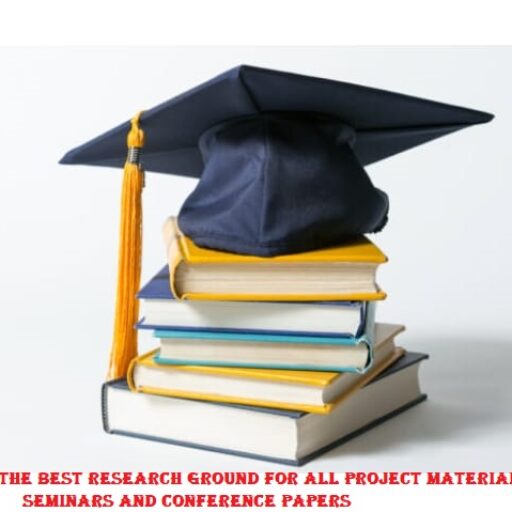The Concept of Learning by Various Scholars
The Concept of Learning by Various Scholars
INTRODUCTION
Learning is expected to bring about more or less permanent change in the learner’s behavior. This change may range from the acquisition of a relatively simple skill, item of information to the mastery of complicated mechanical performance and application of difficult and abstract reading material, change in response or behavior is caused partly or wholly by experience.
However, it includes behavior change in the emotional sphere, refers to the acquisition of symbolic knowledge or motor skills. It however does not include physiological changes like fatigue, temporary sensory resistance and hunger. Learning should enable us to make the least use of the things in the world around us.
For example, one has to learn the art of living harmoniously with others by learning how to establish good relations with his fellows. Learning not limited to the school alone. It being earlier and continues even after the school days.
THE CONCEPT OF LEARNING BY VARIOUS SCHOLARS
–MICHELE GRIFFIN Learning is the process by which one acquires, ingests, and stores or accepts information. Our experiences with learned information compose our bodies of knowledge.
Learning is a process unique to each individual. Some learn quickly, scanning the information and mastering the concept or skill seemingly effortlessly. Others stumble while processing information, taking longer to grasp the concept or requiring numerous exposures over a sustained period of time.
However, according to Brockett & Roger (1994), learning is a personal act of individual to make full use of his potential. It is a process of self actualization to its maximum level.
The basic characteristics of self-actualizing people are: they have tolerance for ambiguity, acceptance of self and others, and peak experiences that lead to personal transformation through new insights.
The success of the learning process demands that that the instructional activities must be based on learners’ perceived needs. Without the fulfillment of the basic needs such as food, security, self respect, self esteem and intellectual curiosity, learning will not take place.
It is recognized that there are various levels of perceived needs that ranging from felt needs or wants where the highest internal control is possible or externally mandated requirements where little internal control is possible. The human beings are not machines and cannot function in ignoring the basic needs of the individual.
According to Driscoll (2000), learning is a process of continuous change in human performance or performance potential. It must come about as a result of the learner’s experience and interaction with the world around him.
However, Vaill (1996), learning is a way of being. It is an ongoing set of attitudes/temperaments and actions by the individual and groups which they employ to keep abreast of the surprising, novel/new, ambiguous, obtrusive and recurring events.
According to Thorndike (1928), learning is a permanent change in behaviour as a result of experience, and the behaviour includes both of the external and internal actions of the individual which are observed and remain unobserved by the outside world.
It also includes the different ways in which people understand or experience or conceptualize the world around them.




